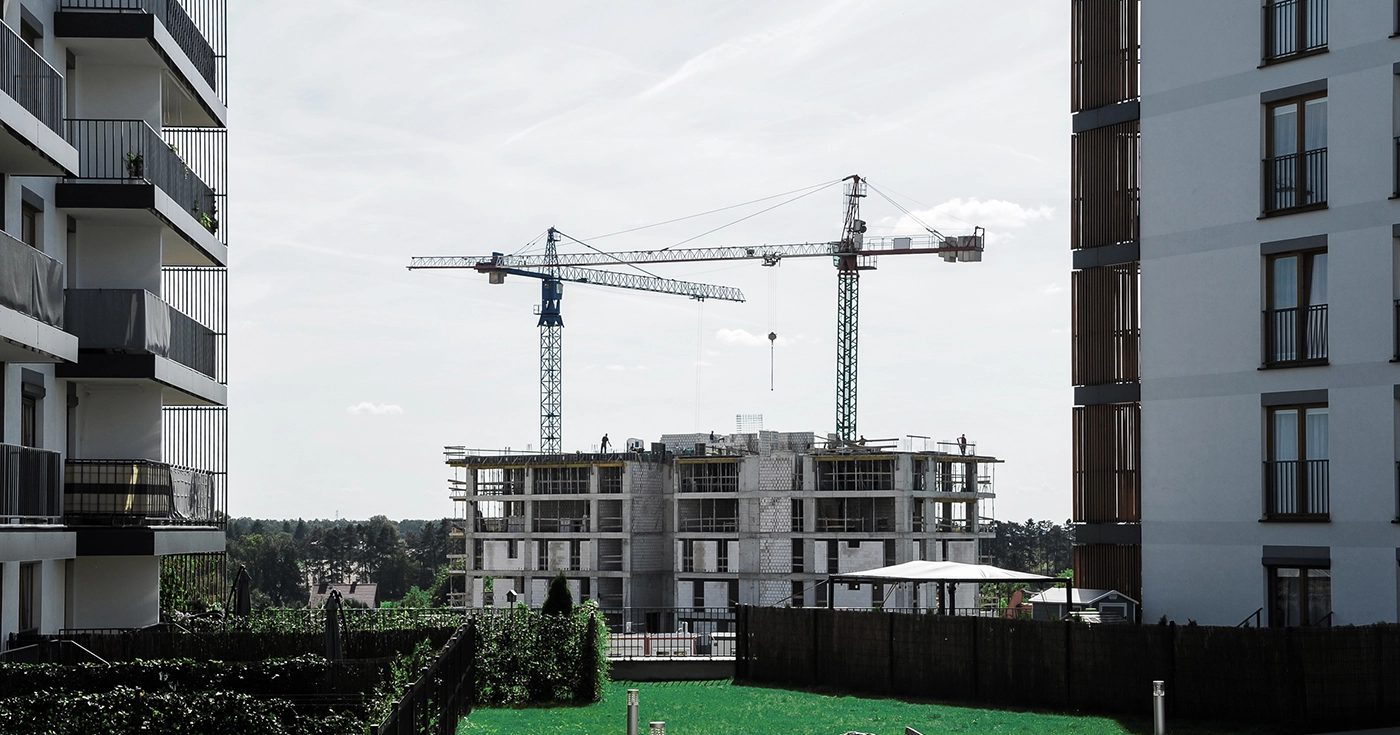
Urban land transformation: the CNMC’s new focus to boost housing access
Last Updated on 18 February 2025 by Equipo Urbanitae
The real estate market in Spain is currently experiencing a significant imbalance between housing supply and demand, which has worsened in recent years. After decades marked by the 2008 housing bubble and the subsequent financial crisis, new construction has drastically declined, dropping from up to 600,000 homes annually to just 90,000, according to the 2023 annual report from the Bank of Spain.
This situation has led to a sustained increase in sales and rental prices, making housing access difficult, especially for young people and families with moderate incomes. In this context, the CNMC (National Commission on Markets and Competition) has launched a study to analyze and improve urban land transformation, with the goal of freeing up land for housing construction and thus balancing the market. The public entity, whose functions include promoting effective competition and protecting consumers, emphasizes that land is a crucial component that directly influences the final price of housing.
CNMC’s proposal for urban land transformation
The CNMC proposes accelerating land urbanization processes to improve housing access, highlighting the need to simplify bureaucracy and modernize current regulations, which often act as a barrier to urban development.
The CNMC explains that land scarcity and administrative restrictions increase construction costs and reduce housing supply. For this reason, it advocates for urbanization processes to be carried out swiftly while maintaining the necessary guarantees to ensure building quality and safety. Additionally, the entity invites industry players, from developers to interested citizens, to provide input that enriches the analysis, aligning with its commitment to transparency and collaboration.
In this regard, Sergio Arana, Managing Director of Real Estate at Urbanitae, underscores the importance of land in this process, calling it “the essential raw material for new housing development. Without land, no new homes can be built. And that land must be fully ready for development, meaning it should be finalized and ready for licensing.”
Study content and objectives
The CNMC study is based on a thorough analysis of the regulatory framework and administrative procedures that currently slow down urban land transformation. To achieve this, municipal, regional, and national regulations will be reviewed to identify unnecessarily restrictive provisions. The entity aims to collect data and opinions from experts, developers, and citizens to accurately diagnose the obstacles hindering efficient urbanization.
This collaborative approach will allow the CNMC to develop concrete recommendations to facilitate land availability and accelerate the development of new residential projects. The study’s primary goal is to increase housing supply in Spain by identifying and eliminating barriers that raise costs and slow down the urbanization process. The CNMC seeks to reduce the expenses associated with land transformation and shorten execution times, allowing more land to be made available for new construction projects. By improving the efficiency of urban development, the initiative aims to foster a more competitive real estate sector, benefiting both developers and consumers. These objectives align with the CNMC’s 2021-2026 Strategic Plan, which prioritizes consumer protection and the promotion of productivity and economic efficiency.
Regarding the most effective regulatory measures to speed up urbanization without compromising project quality and safety, Arana states that “one of them would be setting clear deadlines for the Administration to grant the necessary permits and licenses. Additionally, I would promote cooperative systems in cases where private initiative (landowners) lacks the capacity to develop urbanizable land. A consensus among all administrations is needed to produce more land at a faster pace. And if urban planning offices are overwhelmed, the solution is to hire more staff, just as private companies do. It’s a matter of political will, nothing more.”
Accelerating urban development
To achieve a faster urban development process, the CNMC proposes several integrated strategies. One proposal is the simplification of administrative procedures, through the implementation of digital systems that allow permits and licenses to be managed electronically, thereby reducing response times. Another strategy involves the updating and modernization of current regulations, removing outdated provisions that hinder the rapid conversion of land into urbanized areas. The entity also highlights the importance of fostering public-private collaboration, which would facilitate access to urbanizable land and encourage investment in residential projects. Additionally, it suggests leveraging new technologies, such as big data, artificial intelligence, and augmented reality, to optimize project planning and monitoring, contributing to a more efficient and cost-effective land transformation process.
From Urbanitae’s expert perspective, the main challenge is “legal uncertainty, in the form of unpredictable timelines for the approval of urbanization and land reallocation projects, which acts as the biggest barrier. If this obstacle were removed, more investment would be directed towards land transformation. Moreover, implementing cooperative systems (led by the Administration) would make the process even more agile,” explains Arana.
The Importance of Boosting New Construction
New housing construction is essential to addressing the housing deficit in the Spanish market. Increasing housing production not only meets growing demand but also helps stabilize prices in an environment characterized by high costs and limited supply. Boosting new construction becomes an essential tool for revitalizing the real estate sector and ensuring housing accessibility, particularly in areas where high land costs and bureaucratic hurdles have slowed urban development.
Encouraging new housing development through initiatives like Urbanitae not only enhances housing supply but also contributes to a comprehensive transformation of the real estate sector. By enabling both individual and professional investors to participate in projects transparently and accessibly, a virtuous cycle is created that fosters investment and stimulates construction.

